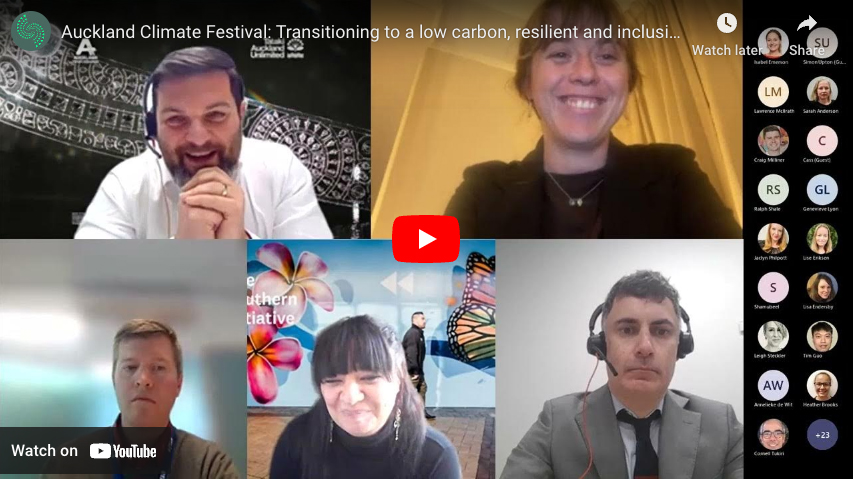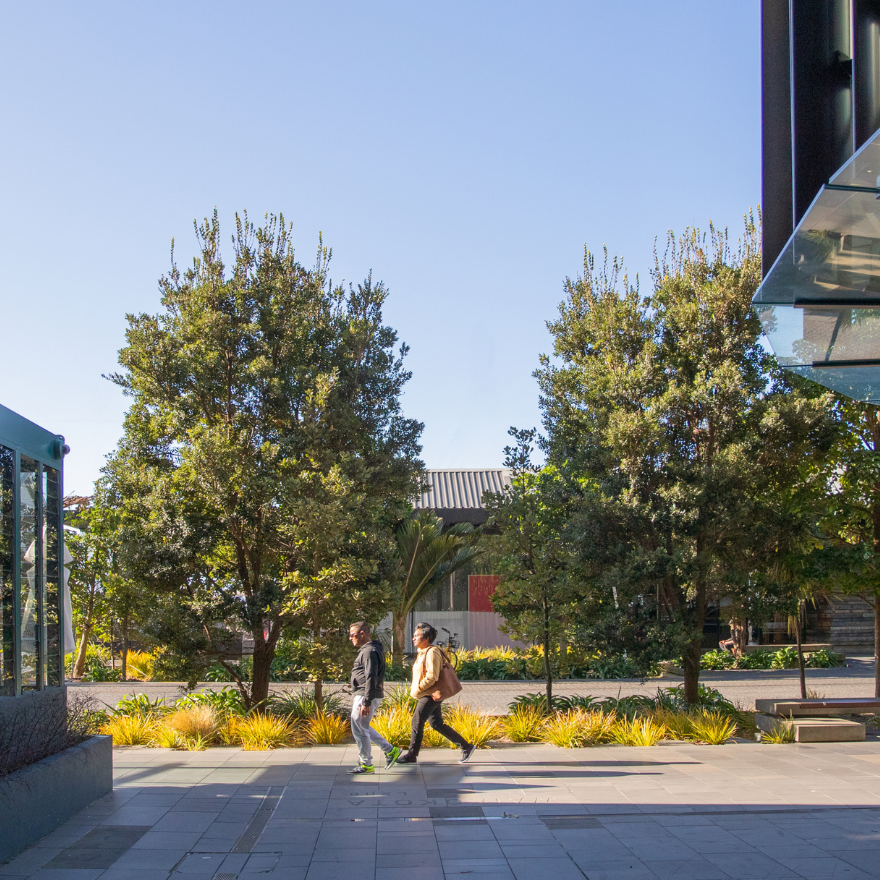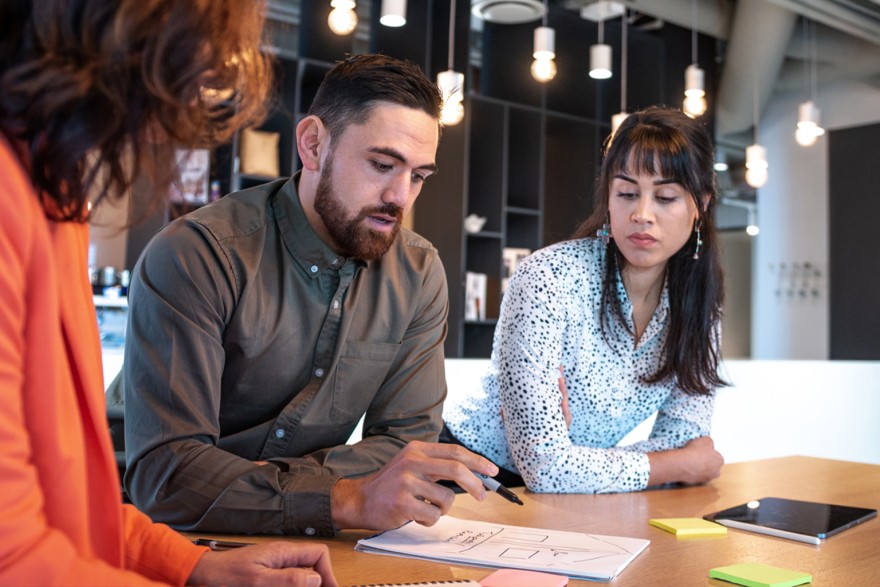Since the industrial revolution in the 19th Century our economic system has been dominated by the extraction and exploitation of natural resources to support economic growth and development.
Disruptions such as climate change, technological change and global pandemics have highlighted vulnerabilities in our regional and global economy and challenged this economic system. These disruptions and delivery of our climate goals have demonstrated the need for a shift away from this extractive approach to a more resilient economy that is regenerative, circular, distributive and enables Aucklanders to thrive.
While the global economy was tested by COVID-19, restrictions led to a return to buying local, which has continued to be embraced by many. Exposed global supply chains have accelerated the need to look inwards and invest in local suppliers and reinforce economic structures that are vital to a more resilient, climate-proof economy.
To increase resilience, we need to address potential risks and hazards at both business and industry sector levels. Developing and implementing interventions, which include the transition away from carbon intensive sectors reliant on the extractive model, and the uptake of more circular practices and (principles), can deliver long-term sustainable growth, skills, job creation and sustainability.
According to the report commissioned by the Sustainable Business Network in partnership with Auckland Tourism, Events and Economic Development (ATEED) in 2018, Auckland’s economy could reduce emissions by 2700 ktCO2e by 2030 across the food, transport and logistics, and construction sectors.
Up to $8.8 billion in additional economic activity could be freed up through innovative business models taking a circular economy approach.
Pursuing low carbon, resilient process and product innovations can create new forms of value, prompt new markets and support sustainable growth by reducing reliance on finite resources.
It is critical to ensure the interventions to support the transition to low carbon and resilient economy are equitable and inclusive. We need to move towards a regenerative economy that is underpinned by the spirit of kaitiakitanga, reducing the reliance on extracted resources, allowing them to be replenished and ensuring no communities are left behind. Embedding these principles in our economy is increasingly important as we better understand the finite nature of our natural resources and the implications of exceeding our social and planetary boundaries.
We need to move towards a regenerative economy that is underpinned by the spirit of kaitiakitanga
A regenerative approach is by design more distributive and can open up new markets and opportunities. This can enable more Aucklanders to thrive by providing equal access to economic opportunities, supporting Aucklanders into quality jobs with long-term security and embracing alternative ownership models, such as co-operatives and employee-owned companies.
Written by John Lavery, Head of Economic Transformation at Tātaki Auckland Unlimited, for Climate Connect Aotearoa
Auckland Climate Festival Webinar Session
As part of the Auckland Climate Festival in October 2022, Climate Connect Aotearoa and Tātaki Auckland Unlimited hosted an online kōrero on what transitioning to a low carbon, resilient and inclusive economy means for Tāmaki Makaurau Auckland. Please, watch the recording to hear from the following panelists:
- John Lavery - Head of Economic Transformation, Tātaki Auckland Unlimited
- Gary Blick - Chief Economist, Auckland Council
- Barry Anderson - General Manager: Sector Analysis, Climate Change Commission
- Rosie Collins - Economist, Sense. Partners
- Tania Pouwhare - General Manager: Community & Social Innovation, Auckland Council



